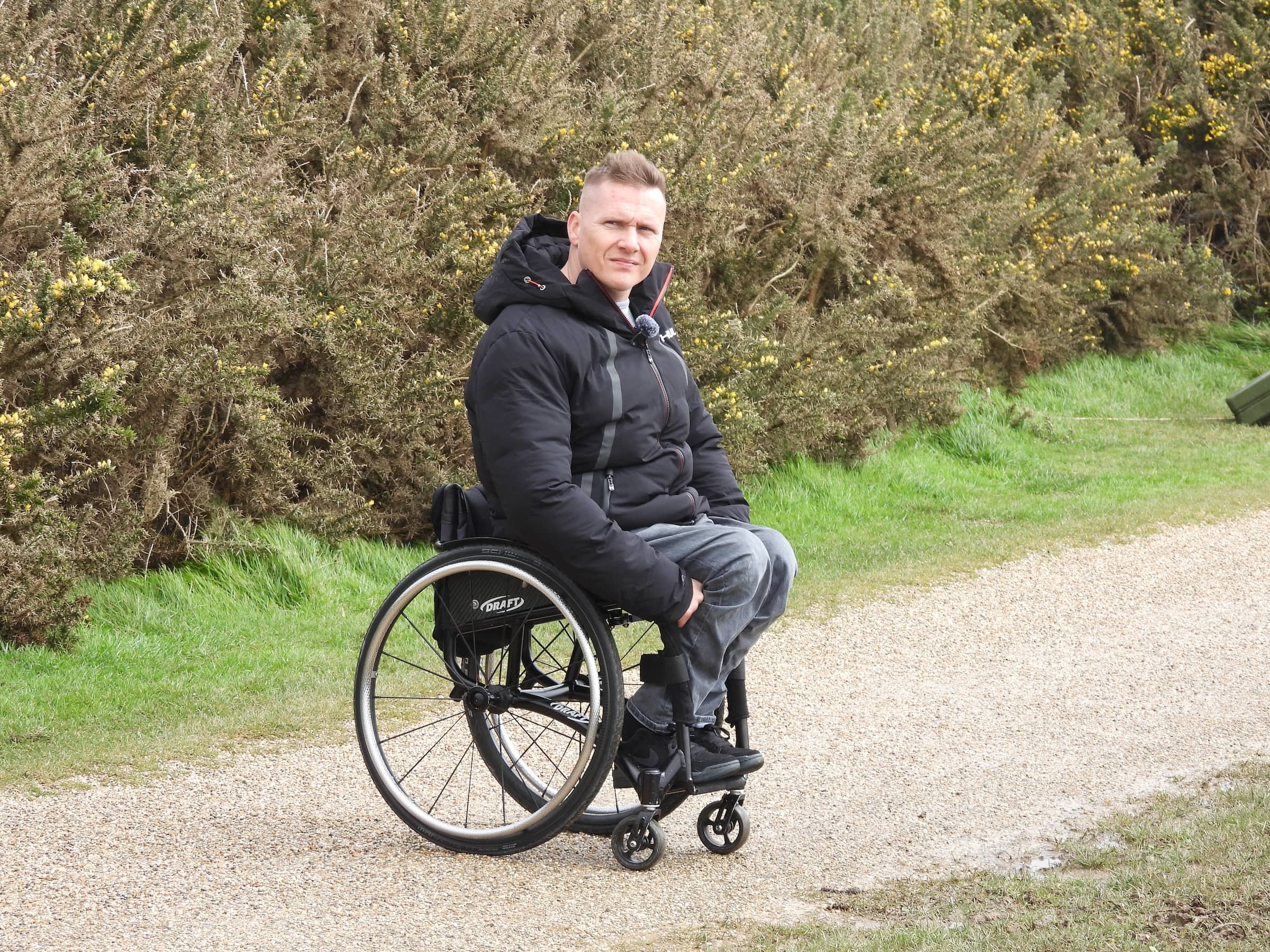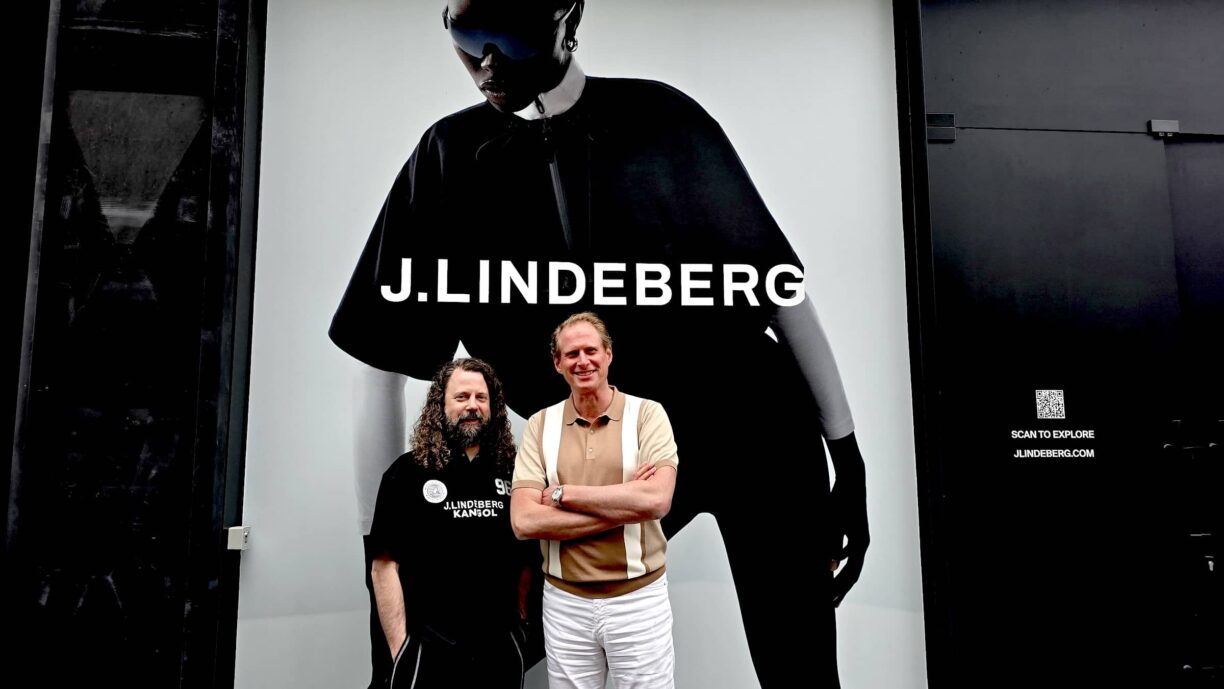The Ramblers, joined by esteemed Paralympian David Weir CBE, are spearheading a campaign to advocate for the removal of barriers hindering accessibility to outdoor pathways in the United Kingdom.
Their mission is clear: to dismantle unnecessary obstacles within the next five years, thus fostering a more inclusive environment within England’s path network and enhancing access to nature for all individuals.
A recent survey conducted by YouGov for the Ramblers reveals that a staggering 25% of respondents encounter physical barriers, such as stiles, steps, or gates, that impede their utilization of the path network.
This issue is exacerbated among individuals with physical and sensory disabilities, with a substantial 56% reporting such barriers as prohibitive factors.
Evidently, these physical obstacles significantly restrict the full integration of individuals with disabilities into the path network.
The benefits of outdoor activities are indisputable, positively impacting both mental and physical well-being.
Despite 87% of respondents acknowledging the path network as a national asset, and 92% advocating for its preservation for future generations, over half of individuals with physical or sensory disabilities feel unwelcome when traversing public rights of way.
The Ramblers emphasise the imperative need for change to ensure equitable access to nature for all, particularly considering that approximately 20% of England’s population faces mobility challenges, equating to an estimated 11 million individuals being excluded from enjoying public rights of way.
David Weir CBE, eight-time London Marathon winner and six-time Paralympic gold medallist, is backing the call for change which, he says, could make a significant difference to the wellbeing of those with disabilities:
“The issues the Ramblers are highlighting are very important and personal to me. Having the ability to access nature on my doorstep makes a big difference to my mental wellbeing, as well as providing some active recovery when I’m not training.
Through experiencing what accessibility is like in different countries across the world, I can say that the UK is one of the strongest.
However, it’s clear that we still have a way to go, especially in aspects such as making our path network more accessible and useable for those with disabilities.
If more people are able to get outside and get active in nature, the knock-on effect for our physical and mental health will be huge.”
With a looming Westminster election, the Ramblers have launched the “Outdoors Unlocked” campaign, urging the next UK government to enact legislation that facilitates equitable access to green spaces within a 15-minute walk.
By advocating for legislative reforms and increased investment in path accessibility, the Ramblers aim to dismantle existing barriers and ensure that nature remains accessible to all individuals, regardless of their circumstances.
Jack Cornish, Head of Paths for the Ramblers says:
“We are committed to improving access to the outdoors for everyone in society, and to making our path network inclusive, safe, and useable; ensuring that everybody in England, no matter who they are or what their circumstances, can get outdoors and connect with nature as part of their daily lives. But we can’t do this alone.
The UK government needs to support this vital and cherished part of our infrastructure by strengthening equality legislation to reduce obstructions for disabled people and supporting local authorities to invest more time and money to make our paths more accessible.
Getting the detail right will be critical in unleashing the potential of our path network, creating more opportunities for people to connect with nature and putting in place a long-term strategy to support public access for future generations.”
The Ramblers’ unwavering commitment to promoting inclusivity within the path network reflects a broader societal imperative to ensure equal access to nature for all individuals.
Through collaborative efforts and advocacy, they aspire to create a future where outdoor spaces are universally accessible, fostering a healthier and more inclusive society.





